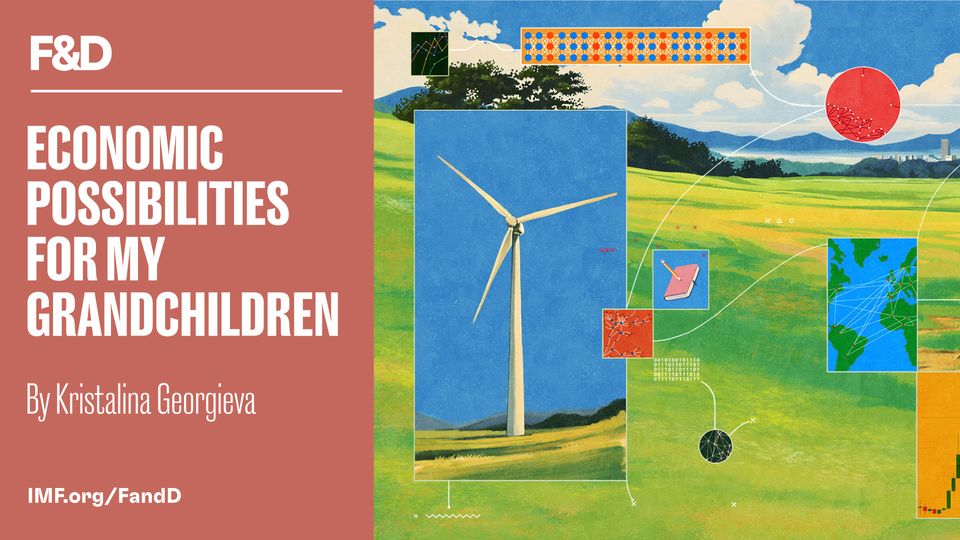Global Economy Must Address Inequality and Climate for Future Generations, Says IMF’s Kristalina Georgieva
Kristalina Georgieva, Managing Director of the International Monetary Fund (IMF), highlighted the urgent need for international cooperation and decisive action to address economic inequality, climate change, and technological advancements to secure a prosperous future for the next generations.
In a lecture at Cambridge University titled “Economic Possibilities for My Grandchildren,” Georgieva reflected on the challenges and opportunities the world faces today.
She emphasized the importance of taking a long-term perspective, drawing inspiration from the renowned economist John Maynard Keynes’s 1930 essay, “Economic Possibilities for Our Grandchildren,” which foresaw the potential for significant improvements in global living standards.
Georgieva warned that geopolitical tensions and rising economic inequality could undermine global stability, with three-quarters of the world’s wealth concentrated in the hands of just one-tenth of the population.
She noted that this disparity has eroded social capital and trust in public institutions, companies, and even among nations, raising the specter of a fragmented global economy divided into rival blocs.
To avert this scenario, Georgieva proposed a “high-ambition” scenario for the next century, where global GDP could grow 13-fold, and living standards could increase nine times, compared to the more modest projections of a “low-ambition” scenario.
Achieving this ambitious vision, she argued, would require a continued commitment to sound economic fundamentals, coupled with enhanced international cooperation and a shift towards more sustainable and equitable growth models.
Georgieva identified three key areas for investment to ensure a prosperous future: climate economy, technological innovation, and human capital.
She underscored the need for trillions of dollars in climate investments to reach a carbon-neutral economy and mitigate the impacts of climate change, as well as the importance of harnessing new technologies like artificial intelligence to boost productivity while managing the risks associated with job displacement.
Additionally, she called for greater investment in health, education, and social safety nets, particularly in Africa, where the population is expected to account for 40 percent of the global total by the end of the century.
Georgieva stressed that connecting Africa’s young workforce with capital from advanced economies could unlock significant economic potential, reduce outward migration, and support a more dynamic global economy.
Georgieva concluded by urging a renewal of multilateralism, calling for an updated framework for international cooperation that better reflects the voices of emerging markets and developing economies.
She expressed confidence that with the right policies and international support, the global community can overcome current challenges and deliver on the promise of a better future for generations to come.



